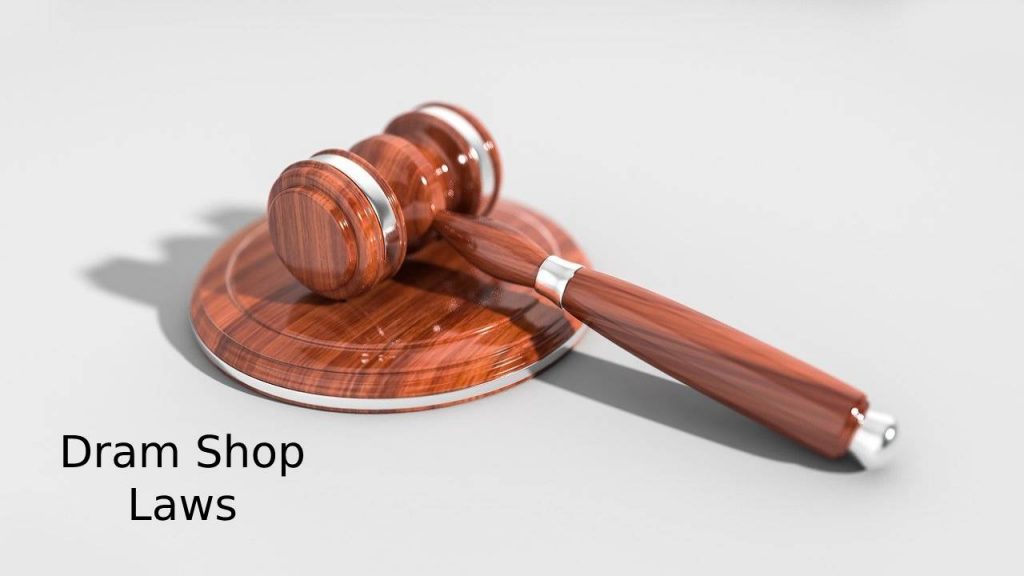Dram shops were English businesses that sold gin in the 1700s. Dram shop laws were obviously laws meant to regulate dram shops. While dram shop laws originally meant that a 1800s bar that gave alcohol to someone who was obviously drunk another drink was liable if that person got into a bar fight, it has taken on new meaning in the past fifty years.
What are Dram Shop Laws?
Dram shop laws that hold the person or group that overserves alcohol to someone liable if the drunk person causes harm to others. It originally meant that the bar could be sued if the drunk passed out in the cold and died or got into a fight. The laws have evolved to hold the bar liable if the drunken person gets into an accident. However, in theory, anyone injured by a drunk could sue the person who overserved them. This could be the bartender at a hotel or bar, but it could also be a hostess at a party or a retail establishment that let someone who was obviously intoxicated purchase a six pack of beer and drive away.
Why Do You Need to Protect Yourself from Dram Shop Laws?
Someone injured in a drunk driving accident can sue the drunk driver, but they can to sue the establishment that overserved the person as well. Now you could be hit with a six or seven figure lawsuit because someone you served too much to drink accidentally killed someone. You may be sued even if the responsible party’s insurance covered part of the bill, but the odds are even greater if they didn’t have adequate insurance coverage.
If you’re holding parties where alcohol is served, whether as a private individual or a venue, you could be sued for incidents blamed on the alcohol you served. Don’t assume that property and general liability insurance will cover this situation. For example, a venue should ensure that caterers serving alcohol have proof of insurance for liquor liability. You must take proactive steps to protect your business from these costly suits.
How to Protect a Business from Dram Shop Claims
There are a several ways you can protect your business from a Dram Shop lawsuit. Having formal rules about not serving someone who is obviously drunk is one way. You should establish a policy that allows your staff to refuse to serve alcohol if in doubt, and this should be in conjunction with mandates to take their car keys if you think they’re too drunk. That’s in addition to standard rules like suggesting they call a ride if drunk.
Additionally, proper training can be a way to protect your business from a dram shop lawsuit. Most liquor liability statues have a provision known as the “safe harbor” provision. Typically, the safe harbors provide a limited liability protection to the business if they require all of their staff to complete a state-approved alcohol server’s training course. The course is generally a couple hours long and may be completed only. If everyone that works at the business has taken the annual course, then the business may only be held liable if they plaintiff proves that the management engaged in overserving the drunk driver or that management encouraged the overserving of customers.
The greatest thing to do is have a formal set of written rules that are regularly enforced and have all of your employees complete the safe harbor provision of your state’s Dram Shop Statute.


